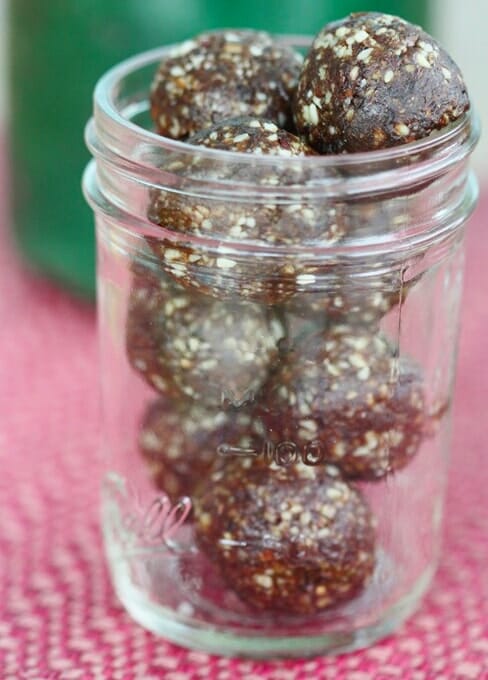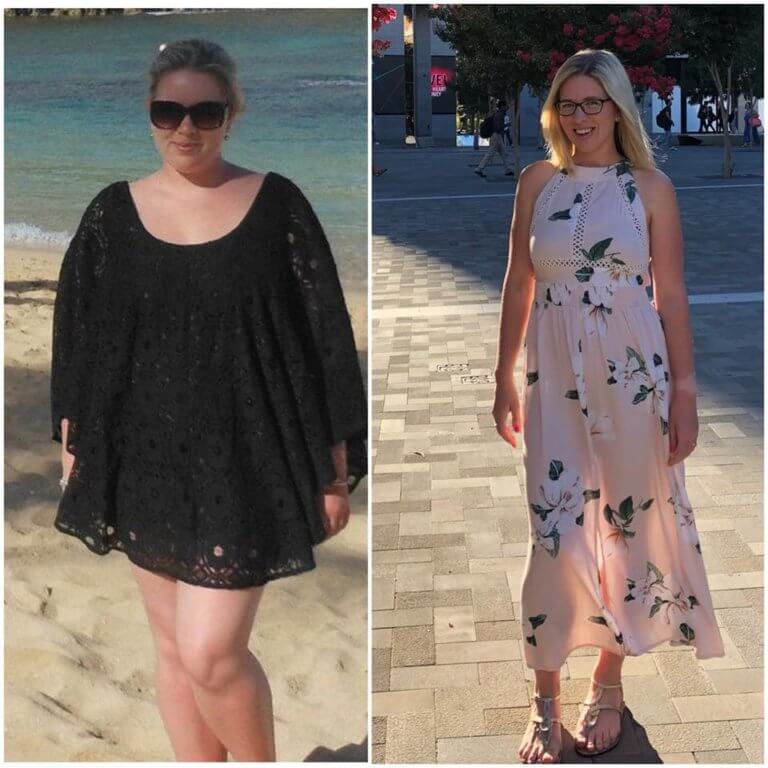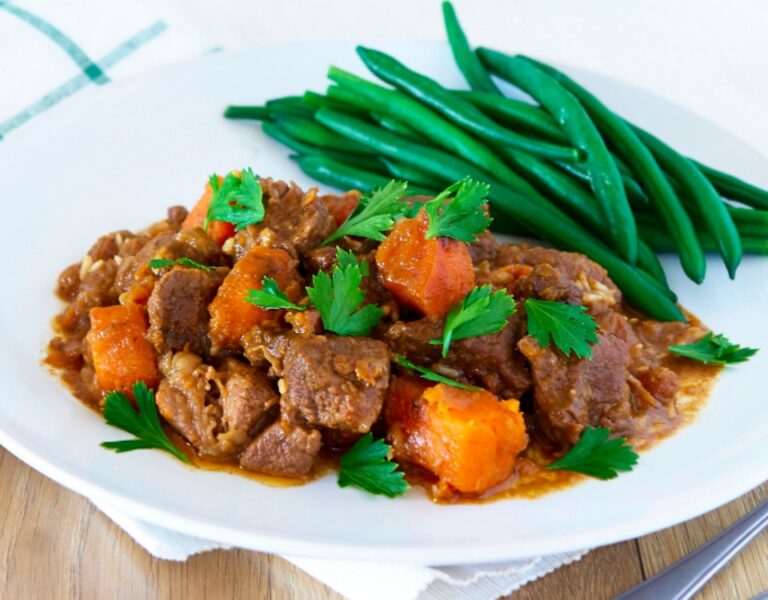5 ways to assist weight loss while breastfeeding
Weight loss especially pregnancy weight loss should be gradual and sensible. There are some ways in which you can ramp up your weight loss safely while breastfeeding.
The 28 Day Weight Loss Challenge is safe for breastfeeding mothers. Find out more HERE.
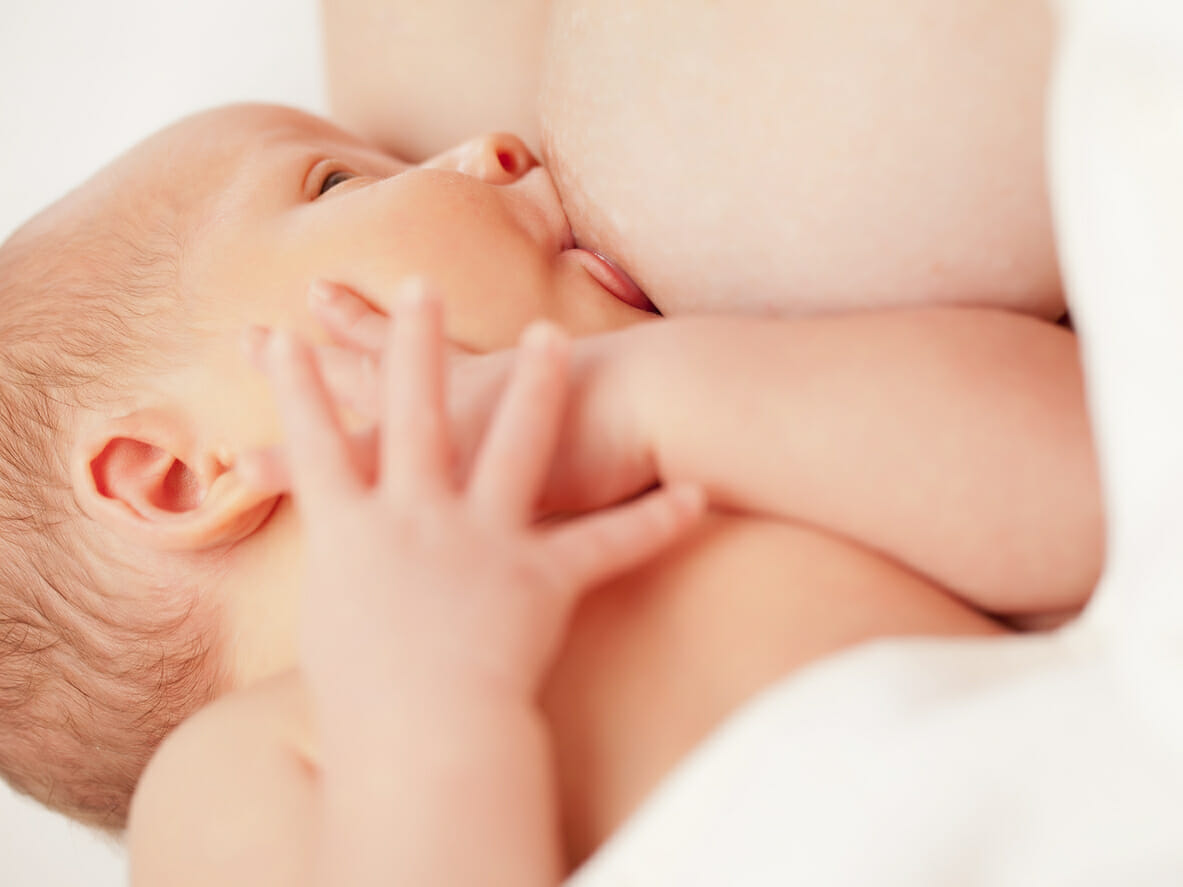
1. Increase your protein intake
Protein is incredibly important in a weight loss plan, especially if you are still breastfeeding. Research has shown that protein increases the sensation of fullness over fat and carbohydrates. This in turn may facilitate in a reduction in energy consumption and subsequent weight loss. Bliss balls are a great option as they’re so easy to prepare in advance.
A breastfeeding woman requires around 67 grams of protein each day. This is based on the need for the nitrogen found in protein and the formation of breast milk from this nitrogen.
A woman who is between 19-70 years of age and not breastfeeding or pregnant, requires 46 grams of protein each day.
To ensure you obtain enough protein each day, think about good quality sources of protein in your main meals and also incorporate protein into your snacks.
2. Increase your fibre intake
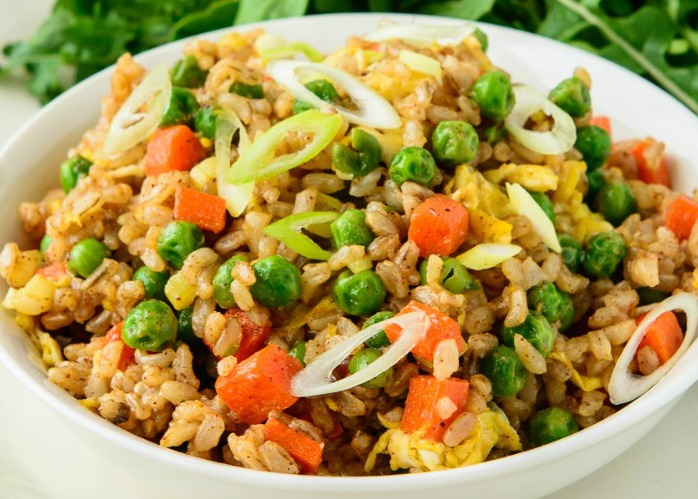
Fibre is also a beneficial component of any diet, especially if you are pregnant, breast feeding or trying to lose some weight.
The reason why fibre is beneficial in weight loss is because like protein, it increases the feeling of fullness after a meal.
The best way to achieve increased fibre in your day is to include wholegrains in your diet and also increase your vegetable intake.
Some good sources of wholegrains include:
- Brown rice
- Wholemeal pasta
- Wholegrain breads
- Grains such as quinoa
- Rolled oats
A breastfeeding woman requires more fibre to assist in keeping herself ‘regular’ as the digestive track slows down during this period to absorb as many nutrients as possible. This also means that increased water is absorbed, making your faeces harder. Increasing your fibre intake will help keep you ‘regular’.
A breastfeeding woman requires 30 grams of fibre each day. A regular woman aged between 19-60 years requires 25 grams of fibre per day.
3. Monitor your portion control
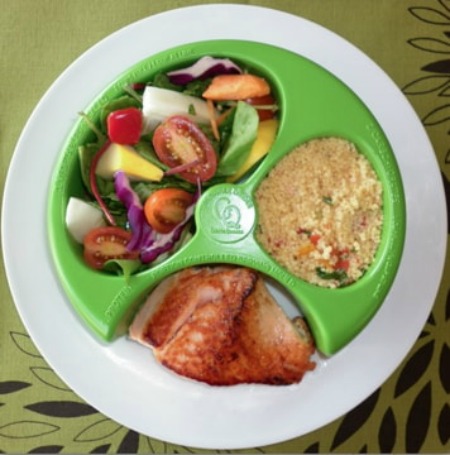
Portion control is one of the areas which is out of control in today’s eating culture.
Our plates, cups and serving ware and utensils are increasing in size which leads to us eating more food.
A good way to manage your portion control is to simple look at the palm of your hand. This is roughly the size of a cooked piece of meat should be and roughly how much carbohydrate should be on your plate.
When thinking of beverages, if you are having a beverage such as a juice, soft drink or another calorie laden beverage, limit it to one small cup. You do not need to upsize.
Although fruits are great for you, it is important to not overdo it as well. We need room for our vegetables. Think 2 pieces of fruit each day.
4. Drink more water

Due to similar reasons as fibre, it is important for breast feeding women to keep well hydrated.
Fluid intake, more specifically water and low calorie caffeine free beverages are also beneficial in weight loss. They can aid in the sensation of fullness.
Sometimes when you feel hungry, you may well be a little dehydrated.
5. Eat regularly
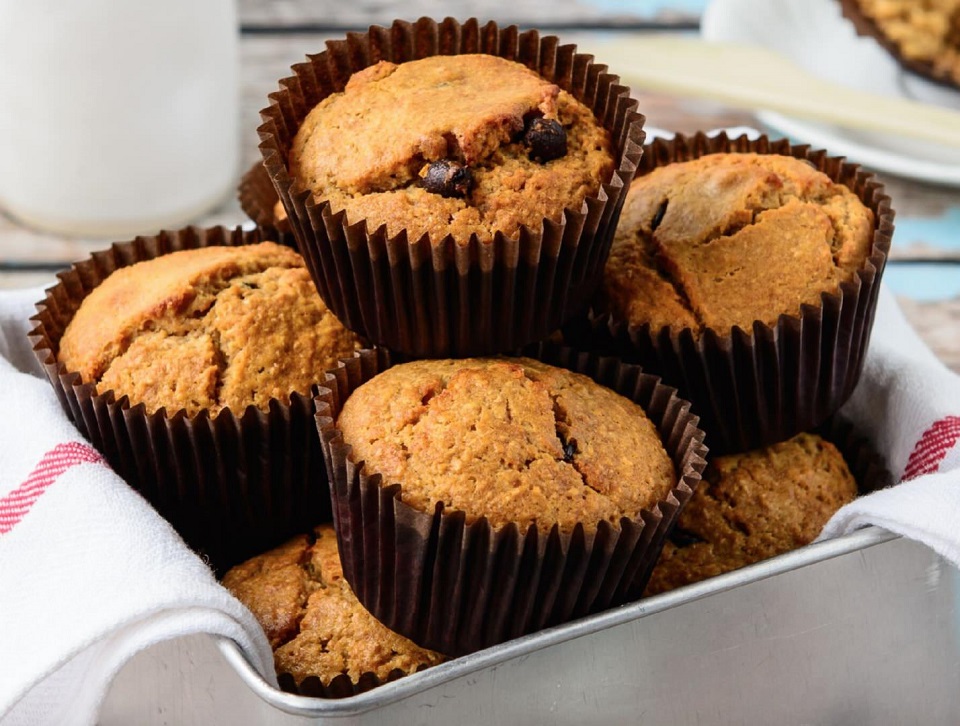
By eating regularly and including high protein and fibre snacks in your weight loss plan, you will avoid severe hunger pains and sugar lows which could steer you to a less then better for you snack or food option.

